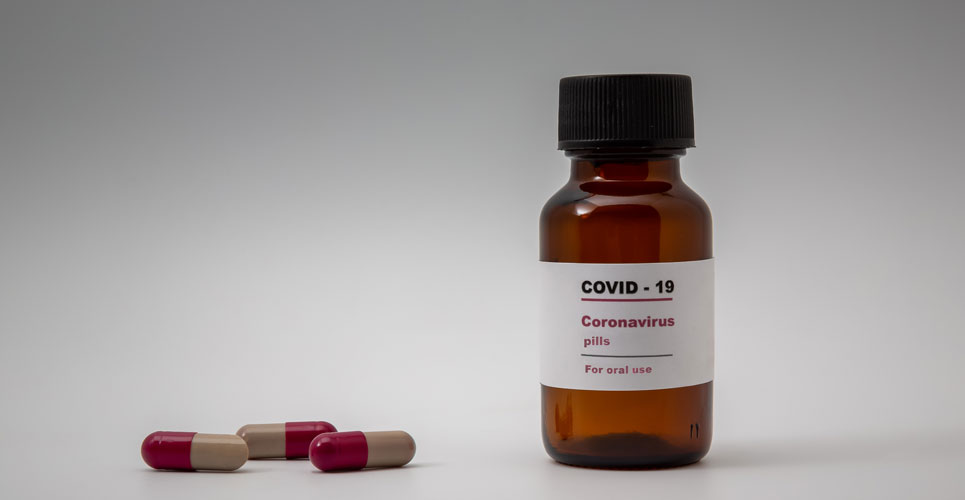The antiviral AT-527 failed to meet its primary endpoint of a change from baseline in the amount of COVID-19 RNA compared to placebo.
According to a press release from the manufacturer, Atea Pharmaceuticals, their oral, direct acting anti-viral, AT-527 failed to achieve its primary outcome of a reduction in viral load up to 7 days compared to placebo. AT-527 is an oral antiviral prodrug of a guanosine nucleotide analog that has demonstrated potent in vivo activity in 7-day mono-therapy treatment of HCV-infected patients.
According the Atea, AT-527 is designed to inhibit viral replication by interfering with viral RNA polymerase, a key component in the replication machinery of enveloped positive single-stranded RNA viruses. AT-527 is being jointly developed by Atea Pharmaceuticals and Roche and in June 2021, Atea released interim results from a global, phase 2 trial in patients hospitalised with mild-to-moderate COVID-19. In the study, adult patients ≥ 18 years old with risk factors such as obesity, diabetes and hypertension, were randomised less than 5 days after COVID-19 symptom onset to either AT-527 at a dose of 550 mg twice-daily or placebo for 5 days. However, after only two days, patients given AT-527 experienced an 80% greater mean reduction from baseline in viral load compared to placebo.
The study also found that in patients with higher baseline viral loads and using the threshold of no detectable ribonucleic acid (RNA) virus, after 14 days, approximately 47% of patients in the AT-527 arm and 22% in the placebo arm had no detectable RNA virus.
Based on these findings, the company embarked on two further randomised, controlled trials, MORNINGSKY in non-hospitalised adult and adolescent individuals with mild to moderate COVID-19 and a Phase 2 MOONSONG in patients with mild or moderate COVID-19 in an outpatient setting.
In a press release on 19th October 2021, Atea reported that the ‘MOONSONG trial results did not meet the primary endpoint in the overall population of patients with mild or moderate COVID-19, who were mostly low-risk with mild symptoms.’ MOONSONG evaluated the antiviral activity, safety and pharmacokinetics of AT-527 at 550 mg and 1,100 mg, both administered twice daily in adult patients with mild or moderate COVID-19 compared to placebo.

More positive data reported was how among high-risk patients with underlying health conditions, experienced an approximately 3-fold reduction in viral load after 7 days for both doses of the drug.
Safety
Despite this setback, the company did observe that AT-527 was generally safe and well tolerated with the proportion of patients experiencing any adverse event being 20% in the placebo group, 20% in the AT-527 550 mg group and 27% in the AT-527 1100 mg group. In addition, there were 3 non-drug related serious adverse events in each of the treatment groups and all other adverse effects were grade 1 or 2.
According to Janet Hammond, chief development officer of Atea Pharmaceuticals, ‘based on the totality of the results for AT-527 to-date, the current level of understanding of the virus and the evolving COVID-19 environment, we are assessing the Phase 3 MORNINGSKY trial for modifications to ensure the best possible outcome for the program.’
Source. Atea Pharmaceuticals press release, October 19, 2021

